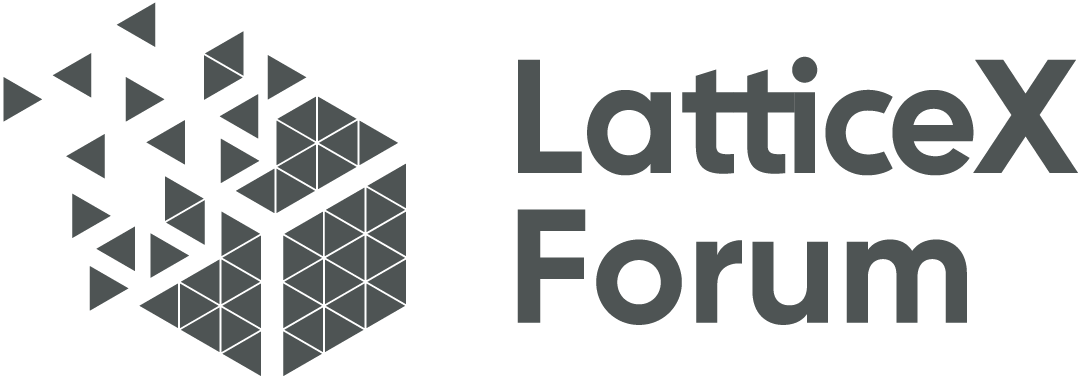technical feature
PlatON is an innovative platform that integrates blockchain, privacy computing, and artificial intelligence technologies. Its core technological features highlight its advantages in decentralization, privacy protection, high-performance consensus, low training costs, low development thresholds, and regulatory compliance.
-
Decentralization:
Platon allows any user or node to connect to the network without permission, achieving true decentralization. Combining decentralized digital identity (DID) authentication and authorization to ensure secure sharing, connectivity, and transactions of data, algorithms, and computing power worldwide. This decentralized feature reduces reliance on centralized institutions and improves the security and reliability of the system. -
Privacy Protection:
Platon adopts privacy computing techniques based on modern cryptography such as MPC (secure multi-party computation), homomorphic encryption, and zero knowledge proof. These technologies provide a new paradigm for computing, allowing data and models to remain invisible while being available, thereby achieving comprehensive privacy protection. The use of privacy protection technology ensures the protection of data rights while meeting regulatory requirements. -
High performance consensus:
PlatON has achieved high-performance asynchronous BFT (Byzantine Fault Tolerant) consensus through optimization methods such as Pipeline validation, parallel validation, and aggregate signatures. This consensus mechanism not only improves the performance of the system, but also proves its security, activity, and fast responsiveness through formal verification methods. -
Low training cost:
By leveraging blockchain and privacy computing technology, Platon has reduced the training cost of artificial intelligence.
Anyone can share computing resources in a secure and frictionless market, thereby reducing marginal costs.
By accumulating data through decentralization, data monopolies have been broken, resulting in lower acquisition costs and better quality of data. -
Low development threshold:
PlatON provides visual AI model development and debugging tools, as well as automated machine learning (AutoML) capabilities. MLOps (Machine Learning Operations) simplifies the entire management process of AI models from development, training to deployment. These features lower the development threshold for AI models, improve development efficiency, and enable more people to participate in the development of AI applications. -
Regulatory compliance:
Platon ensures that all data, variables, and processes used in the AI training decision-making process have tamper proof records. These records can be tracked and audited to ensure the compliant use of data. The use of privacy protection technology enables the use of data to meet regulatory requirements such as the right to be forgotten, portability, conditional authorization, and minimal collection.
